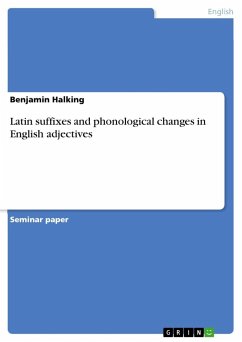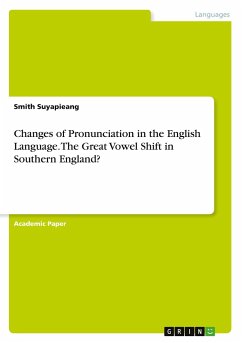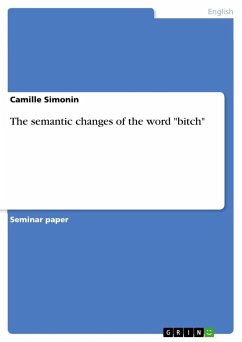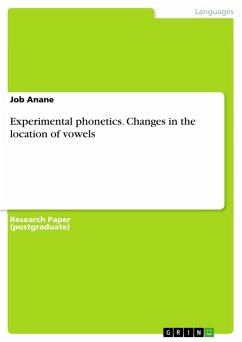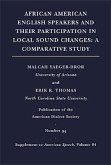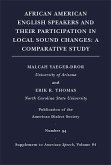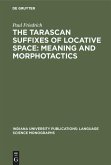Seminar paper from the year 2014 in the subject English Language and Literature Studies - Other, grade: 2,0, University of Cologne, language: English, abstract: Many native speakers of the English language come to a point at which they are not sure how to form a word composed out of a verb and a suffix. They struggle when it comes to putting the stress correctly or deciding whether a vowel stays the same or whether it is shortened or lengthened. This term paper deals with Latin suffixes attached to Latin-based words and the phonological changes that go along with them. For this matter, the historical background of phonological changes will be given. This also includes how Latin suffixes found their way into the English language. In addition, a distinction between different kinds, i.e. different origins, of vocabulary will be given. When talking about stress and its movement as well as suffixes that cause them, lexical strata cannot be left out of consideration. Therefore, I will give an overview over how strata work and what has to be paid attention to when using them. The model of lexical strata is of great importance when the theory of Latin suffixes is focused on. The various aspects of lexical strata will be explained. Resulting from that, this paper will deal with where the differences between neutral and non-neutral suffixes lie and how they can be distinguished and categorized. Furthermore and as the main point of this paper, Latin suffixes will be focused on. This includes how suffixes affect the verb they are attached to and which suffix is attached to which form of the verb. Is there a rule for this all or is it rather arbitrary? Do all the verbs and their suffixes have to be stored in the mental lexicon? Do people who know the Latin language have an ¿advantage¿ over those learning the suffixes by heart? Why is it that native speakers struggle and, more often than not, choose the ¿easiest¿ way to form words composed out of a verb and a Latin suffix? These are questions that this paper will attempt to answer and clarify. The paper will also try to set a new approach to explaining a regularity and constancy in forming adjectives that derive from Latin verbs.

